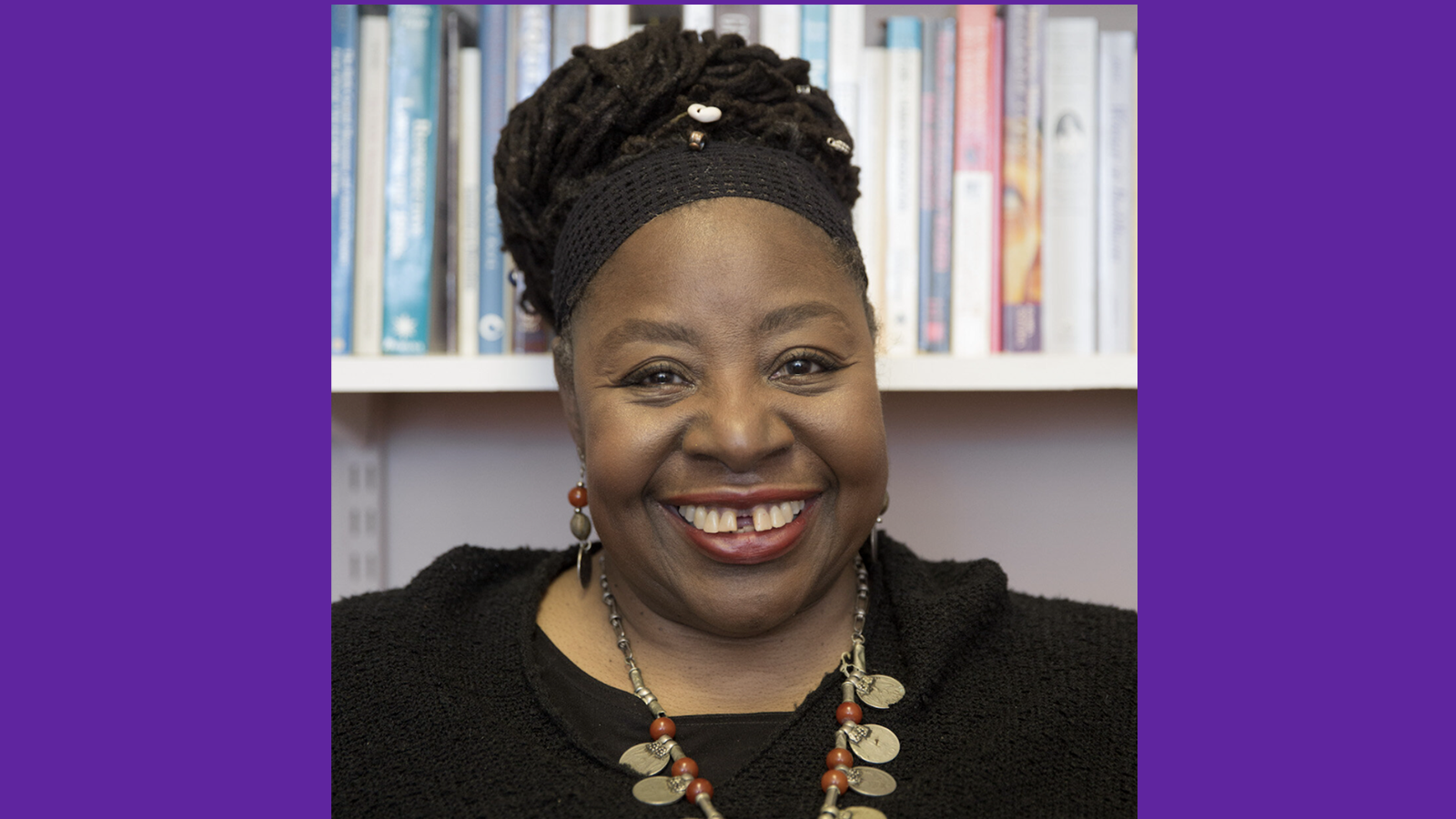Hunter College has chosen a veteran American change-maker as its commencement speaker.
Loretta J. Ross, an activist, professor, and public intellectual who has spent five decades fighting for human rights, will address the Class of 2025 at Hunter College’s 228th commencement ceremony, the administration announced.
Ross cofounded the National Center for Human Rights Education and the SisterSong Women of Color Reproductive Justice Collective. She discussed her latest book, Calling In: How to Start Making Change with Those You’d Rather Cancel, on February 27 as part of Hunter College’s “Civil Discourse and Intellectual Dialogue” series. Commencement will take place on Friday, May 30, at the Barclays Center in Brooklyn.
“We are so pleased to introduce Loretta J. Ross to an even larger Hunter audience,” said Interim Provost Manoj Pardasani. “Her inspiring career and thoughtful approach for making change during difficult times is an example for us all.”
The choice of Ross reflects Hunter’s commitment to fulfilling its role as an anchor institution by providing high-impact speakers and programming addressing the questions of the day. Ross has ample experience promoting pluralism and having difficult conversations with individuals of opposing views — hearing people out while persuading them of the justice of her cause.
In a long and varied career, Ross has spoken to white supremacists about civil rights, taught convicted rapists the principles of feminism, and organized the second-largest march on Washington, D.C., the April 25, 2004, March for Women’s Lives. She is an associate professor at Smith College in Northampton, Mass., teaching courses on white supremacy and human rights, and is the founder of LoRossta Consulting.
Ross’s activism began when she was tear-gassed at a demonstration as a first-year student at Howard University in 1970. As a teenager, she was involved in anti-apartheid and anti-gentrification activism in Washington, D.C. She was the National Coordinator of the SisterSong Women of Color Reproductive Justice Collective from 2005 to 2012 and co-created the theory of Reproductive Justice in 1994.
Ross was national co-director of April 25, 2004, March for Women’s Lives in Washington D.C., the largest protest march in U.S. history at that time, with 1.15 million participants. She led the National Center for Human Rights Education in Atlanta, Georgia from 1996-2004.
She launched the Women of Color Program for the National Organization for Women in the 1980s and was the national program director of the National Black Women’s Health Project. Loretta was one of the first African American women to direct a rape crisis center in the 1970s, launching her career by pioneering work on violence against women, as the third executive director of the D.C. Rape Crisis Center. She is a member of the Women's Media Center's Progressive Women's Voices.
Her many accolades and honors include a 2022 MacArthur Fellowship and a 2024 induction into the National Women’s Hall of Fame.
Ross has co-written three books on reproductive justice: Undivided Rights: Women of Color Organize for Reproductive Justice; Reproductive Justice: An Introduction; and Radical Reproductive Justice: Foundations, Theory, Practice, Critique.


